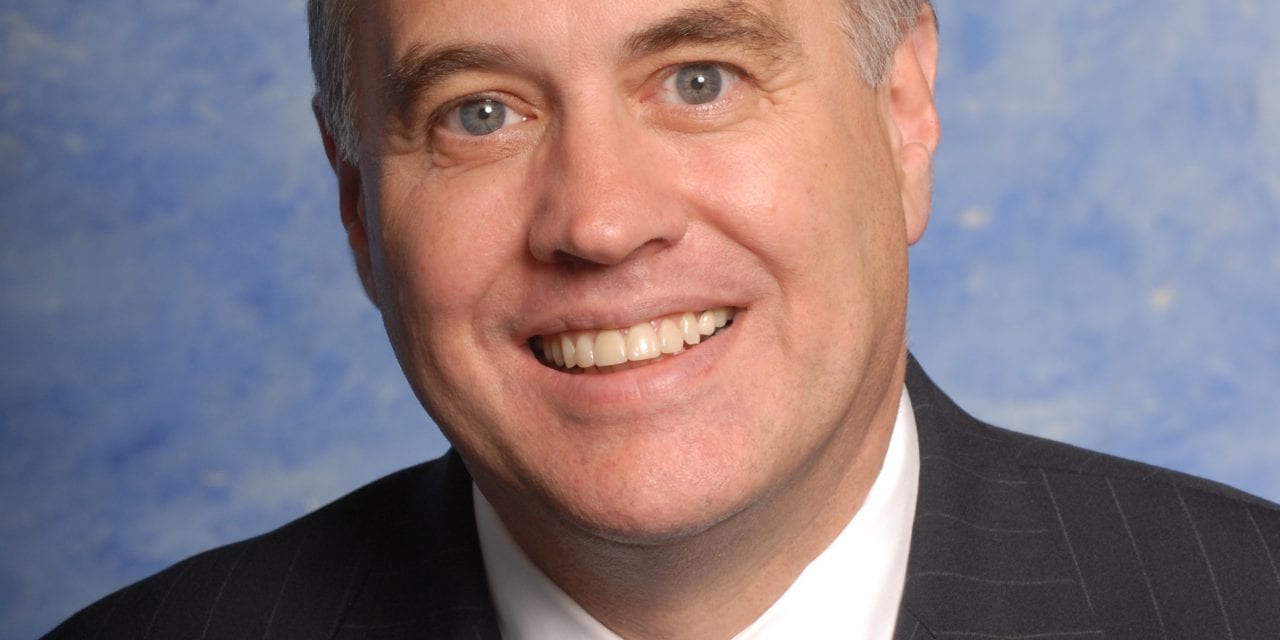For the first time in years, I missed the ExxonMobil shareholders meeting, so I didn’t get to learn about the latest in underwater drilling technology, how hydraulic fracturing is environmentally sound, what the company is doing about global climate change or how they hate gay people.
As a company, ExxonMobil has evolved since the 1999 merger between the two oil giants.
In the early years after the merger, anti-Exxon environmental and equality protesters were met with company-paid counter-protesters carrying signs like “wind energy kills birds.” A few years ago, the company decided to stop counter-protesting as the number of protesters dwindled.
Shareholders rarely saw any of the protesters, because the meeting is held in the Morton Meyerson Symphony Center with direct access to the lobby from the venue’s underground parking lot.
They’ve also evolved by beginning to offer partner benefits. In other countries where offering those benefits is required, it’s something they’d already been doing. And states like New York and California were considering lawsuits against the company for violating state laws. New York officials have said a company doing business in the state doesn’t have the right to decide which of its marriage licenses to recognize.
For the past several years, New York state Comptroller Thomas DiNapoli has filed shareholder resolutions on behalf of the state’s pension funds that own about $1.5 billion worth of Exxon stock. The resolution implores the company to add sexual orientation and gender identity to its equal opportunity statement.
So why not just add a few simple words to the EEO policy that reflect the reality?
The only answer is stubbornness. Exxon thinks of itself as a sovereign nation whose gross national product is larger than most countries around the world. No elected official or shareholder controlling a mere $1.5 billion in company stock is going to tell Exxon what to do.
Because of Exxon’s stubbornness, Human Rights Campaign maintains the company’s negative-25 rating, which Exxon wears as a badge of pride as the only American company to earn such a distinction.
The last time I spoke to DiNapoli’s office, they were unsure whether they’d file the resolution with Exxon again. They were determining whether it was worth the time and money. The cost involved is incurred when the state sends a representative down to Dallas to speak on behalf of the resolution.
DiNapoli’s office did decide to file the resolution, and Exxon buried it, so it was unsearchable on its website.
His office has done a world of good for LGBT employees. More than 30 companies have changed policies, either because his office contacted a company as a concerned shareholder or by filing resolutions. Exxon remains the sticking point.
The resolution failed again Wednesday garnering just 19 percent of shareholder votes.
Here’s what I missed by not going to the meeting: a morning of complete paranoia.
Press check in is at the door of the Meyerson. One person walk would walk me from the curb on Flora Street to the desk. Another would walk me from the desk to the metal detector. Another — usually a police officer — would walk me downstairs to the press room. More police were roaming the lobby of the Meyerson than shareholders. I figured one officer per expected shareholder was hired.
Once downstairs, I would mingle with oil industry journalists who usually have just gotten off a plane from Dubai.
“Oh, I took DART,” I’d tell them. “And I’m just here to see if Exxon is going to continue discriminating against its gay employees.”
Most of the reporters remained friendly anyway.
If I got up to get coffee or danish — Exxon provides a magnificent spread for the press — a police officer would accompany me out of the room to the table. If I needed to go to the bathroom — five steps farther than the buffet — another officer would accompany me there.
Once the meeting started, we watched on large screens. (We were allowed on the main floor, but not with laptops and other equipment).
One year, once the meeting broke, I met with DiNapoli’s representative. We started talking in the lobby but each place we sat, people shadowing us moved with us to remain within ear range. When we moved, they followed. It was like a bad spy drama.
So we walked out of the Meyerson and sat on a bench in front of the Winspear to chat.
This year, I missed the Exxon meeting, but that’s OK. I already know more about deep water oil recovery than any member of the gay press really needs to know. I don’t think I really missed anything.

















